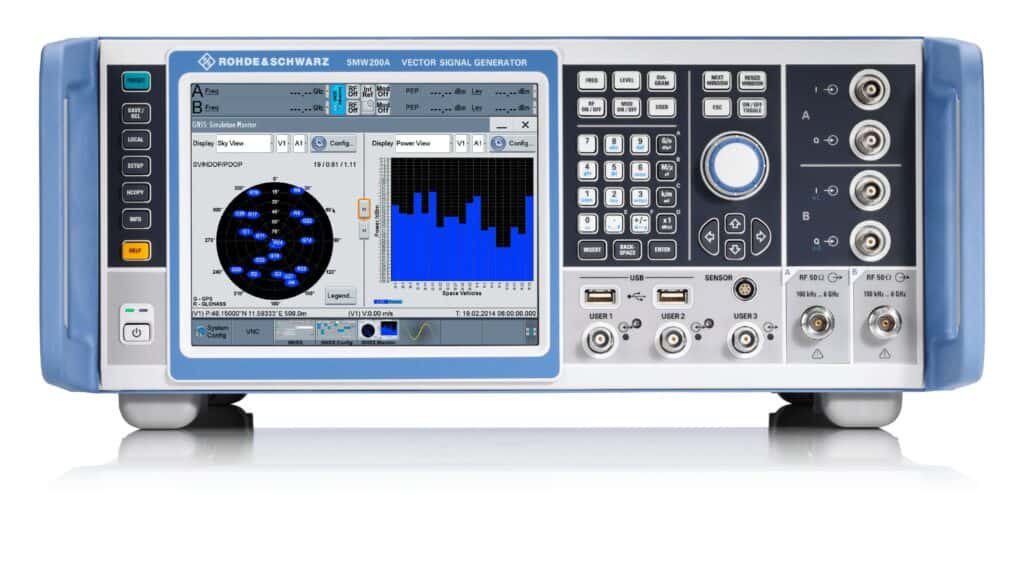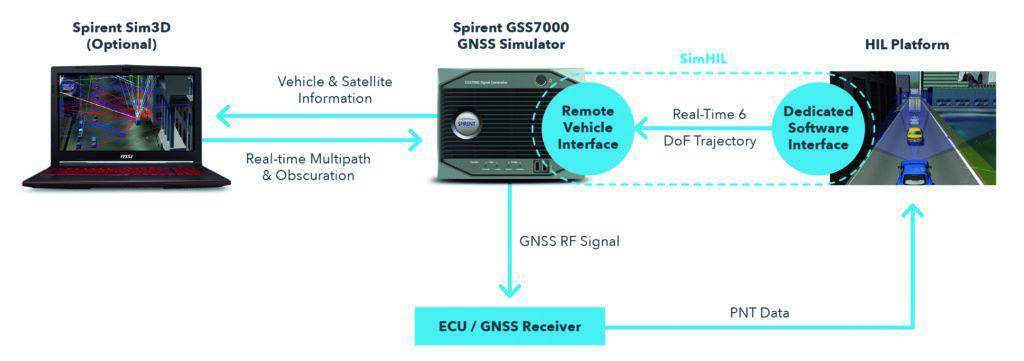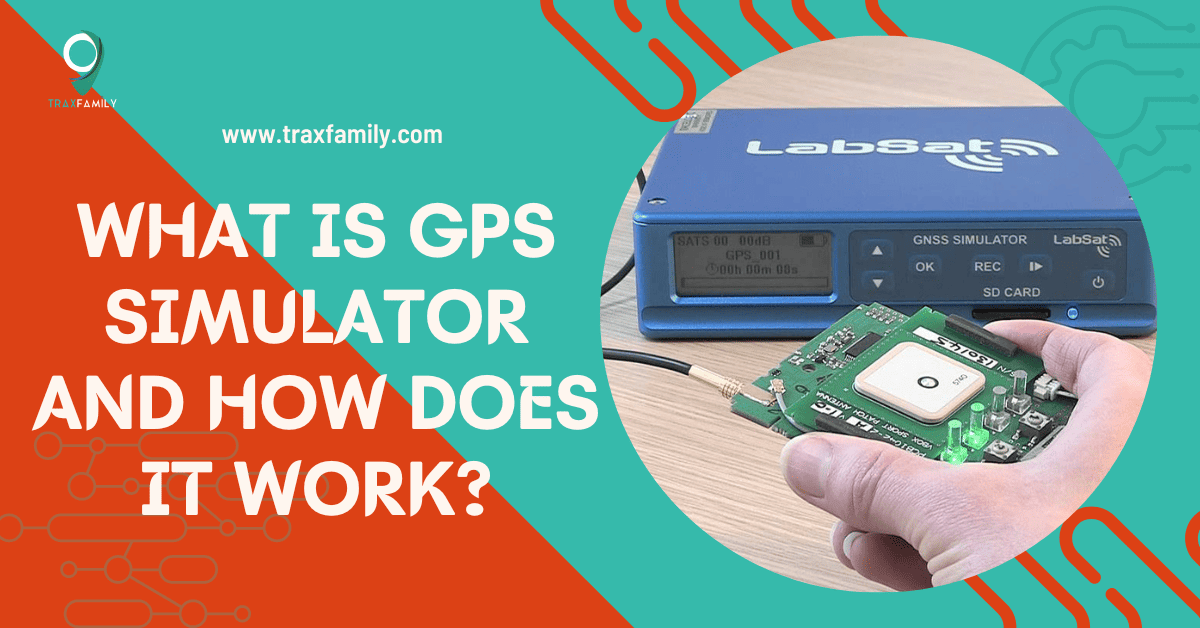Do you use an app to find directions to your destination? Do you use tracking devices to track your kids or pets? Do you have a tracker installed in your vehicle?
If yes, then you already use GPS-enabled devices and services in your everyday life.
The US DoD first started the GPS project in 1973. The technology was solely meant to be used by the military. GPS was made available for civilian use in the 1980s.
Up until the 1990s, the US Government could selectively deny access or degrade the positional accuracy of the system. It was only in the year 2000 that this practice was discontinued.
This contributed to the development of several navigation systems, devices, and services around the globe.
If you are developing any device or service that relies on GPS signals, it needs to be thoroughly tested before it is made available in the market. A GPS simulator produces radio signals similar to GPS satellites and aids the testing process.
Today we will attempt to answer the questions: what is a GPS simulator, how does it work, and what are its benefits?
Why is Live Sky Testing Not Feasible?
One may think using the available GPS signals would be a cost-effective way of testing location-based devices.
All you have to do is go outside, capture the signals and test the devices. Or you could broadcast the signal to the factory floor, where you can test multiple devices.
But this type of testing is not feasible for several reasons. There will be local interference of RF signals in the test area. Not all GPS devices will be used in the same manner. They will have to deal with different paths and obstructions, which you cannot explore due to limited testing areas.
You have no control over the testing environment. If the tester detects an issue, it may be impossible to recreate the testing scenario. So you are left wondering if the problem lies with the device, software, or the environment.
This type of testing can, in fact, increase testing costs and also the time required to get the product to market.
What is a GPS Simulator?

A GPS simulator produces RF signals similar to the ones by GPS satellites. You can use these simulated signals for testing GPS-enabled devices.
The simulator helps overcome the challenges we mentioned above with live sky testing.
For example, you can test various signal paths from the comfort of your lab. Each device gets tested with the same parameters. You can work with different satellite signal types that may not be available in your area or are not yet functional.
With a GPS simulator, you have control over the testing environment. You can repeat testing scenarios and ensure all devices are held to the same standard.
How Does GPS Simulator Work?

If we consider the actual GPS, it employs a network of satellites to broadcast signals. The GPS receivers on Earth capture and process these signals to determine location, time, and speed.
A GPS simulator produces signals that mimic the behavior of the actual GPS satellites. These signals can contain data like date, time, and speed.
They can also model environmental factors like atmospheric conditions, multipath reflections, and signal interferences. They can also simulate motion from different vehicles like cars, ships, and aircraft.
You can now test the GPS receiver of your device in an environment similar to real life from the comfort of your lab.
You can decide on the signal and testing parameters in the initial phase. You can set these parameters using the GPS simulator’s software. Then you can run the scenario and monitor the performance of the GPS receiver.
What Benefits Does a GPS Simulator Offer?

As mentioned above, a GPS simulator helps overcome the challenges presented by live sky testing. Here are some benefits on offer:
1. Control Over The Testing Environment
As with live sky testing, you are not dealing with unknown environmental conditions with GPS receivers. You have complete knowledge and control over the test environment.
You can customize the signal types and the interferences or paths they take. You can test scenarios for the past, present, and future with the date and time parameters.
2. You Can Repeat Testing Scenarios
If you encounter issues with receiver performance, it is easy to recreate the test scenario. Once the problem is identified and worked upon, you can again test to ensure the GPS device works as expected.
3. You Can Test GPS Receivers For Global Use
As the GPS simulator is capable of simulating date, time, location, and vehicle motion, you can model test scenarios for different vehicles and places.
You can test for routes and signal paths anywhere in the world without having to leave your lab. This way, you can successfully test devices that can be market-ready on a global scale.
FAQ’s
A GPS simulator produces signals similar to GPS satellites. It can transmit similar data like date, time, and location and simulate atmospheric conditions and vehicle motion. The simulator can be used to test GPS-enabled devices.
Yes. You can use a GPS simulator indoors. You can customize parameters to test GPS receivers in any global environmental conditions.
You can use a GPS simulator to test any device fitted with a GPS receiver. For example, it can be used to test portable GPS trackers, hardwired trackers, mapping and surveying GPS devices, agriculture, transportation, and avionics GPS testing.
Summary
What is a GPS simulator? It is a device that produces signals similar to GPS satellites. It can be used to test GPS-based devices.
Before such devices are brought to market, they have to be thoroughly tested. Live sky testing is not feasible as you are dealing with several unknowns, you do not have control over the testing environment, and repeating test scenarios is impossible.
A GPS simulator overcomes these challenges. It simulates signals with date, time, location, environmental, and vehicle motion details. It helps you test GPS devices for the global market right from your lab.

Carson Harris is a highly qualified author and expert in GPS tracking technology. With a background in electrical engineering and machine learning, he has established himself as a trusted source of information. Carson’s work experience at Garmin and Panasonic has further enhanced his expertise. He possesses creative skills in website design and AI applications. Known for his clear and concise communication, Carson’s articles on Trax Family’s website provide valuable insights on GPS trackers.

